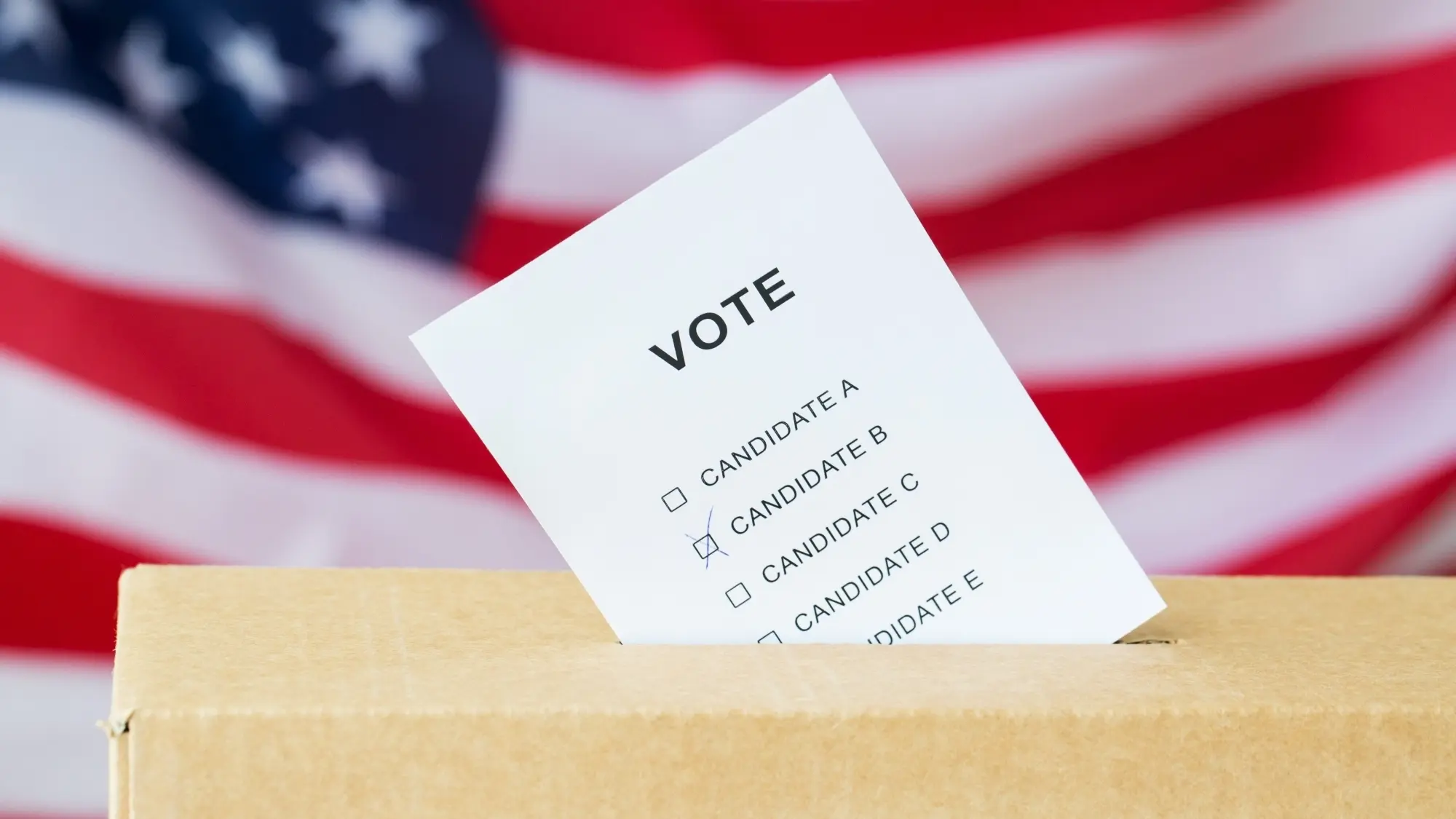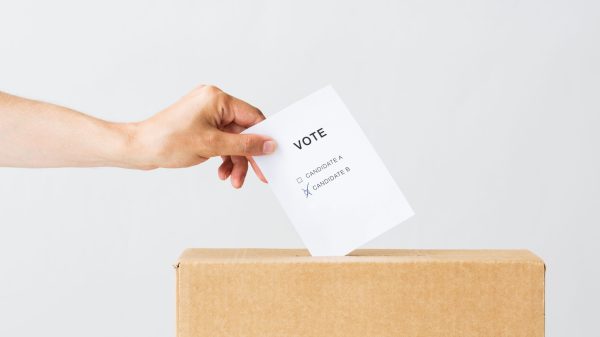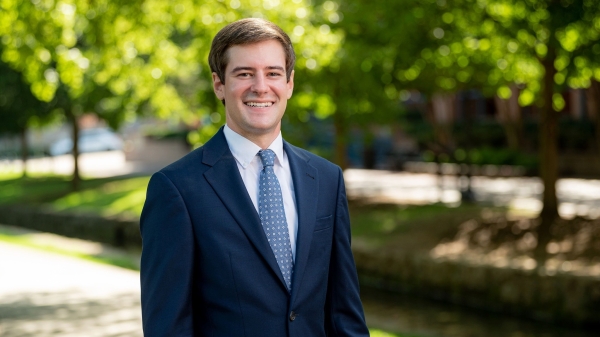An Alabama bill, pre-filed for the 2025 legislative session, seeks to expand voting rights and protections, as well as ease the process of voting rights renewal for formerly incarcerated citizens.
SB7, or the Alabama Voting Rights Act sponsored by Sen. Kirk Hatcher D-Montgomery, would reduce requirements for voting rights renewal and allow same day voter registration and absentee ballot voting without need for justification.
Same-day voter registration is currently allowed by 22 states and the District of Columbia, and 28 states allow absentee ballot registration without qualifications.
SB7 also outlines the creation of an Alabama Voting Rights Commission to review and block local government measures if the measures are found to restrict voting access. Establishing the commission would restore the pre-clearance process for localities with histories of voter discrimination established by the 1965 Voting Rights Act and overturned by the Supreme Court’s 2013 ruling in Shelby v Holder.
Jerome Dees, Alabama Policy Director for Southern Poverty Law Center said in a statement regarding the bill, “This year, as we march towards the historic 60th anniversary of both Bloody Sunday and the 1965 Voting Rights Act, Alabama has the opportunity once again to take its place at the forefront of civil rights progress by passing legislation that will expand ballot access and safeguard the right to vote for every citizen in our state.”
SPLC wrote of the bill, “The Alabama Voting Rights Act will position Alabama as a state that safeguards democracy by ensuring all eligible voters have access to fair and safe election processes, without undue and unnecessary barriers.”
Describing the bill during an appearance on podcast Alabama Politics This Week, Dees said, “It’s kind of an infrastructure project. It makes sure that the components that are necessary for voting to be fair and accessible and equitable and inclusive to all eligible Alabamians are properly in place and that there is oversight over the process.”
Dees said that, while suppression of Black voters has become less explicitly condoned by Alabama law and enforced by violence, the removal of protections such as those revoked by Shelby v Holder opens the door for voter suppression.
“White supremacy has not been eradicated it’s just evolved. We’ve gone from Jim Crow to James Crow, Esquire,” Dees remarked.
Dees said that following the verdict of Shelby v Holder, instances of gerrymandering have become more egregious not just in Alabama, but across the country. He cited the closure of DMV locations in predominantly Black counties in 2015, a year after voter ids became required by state law as another instance of voter suppression within Alabama.
SB7 would reduce the requirements for voting rights renewal following release from incarceration. It would also revoke the requirement that having committed certain “crimes of moral turpitude” disallows voting rights renewal, with the exception of treason or impeachment.
Until 2017, no list of what crimes were included by this clause existed. What qualifies as “crimes of moral turpitude” was only listed by the legislature explicitly after a lawsuit against the state made by the Campaign Legal Center and Greater Birmingham Ministries.
CLC says that legal ambiguity allowed the state to unevenly apply the law in order to prevent formerly incarcerated Black citizens from voting. CLC writes on their website, “Until 2017, Alabama law disenfranchised more than 130,000 Black citizens — roughly 15% of Black adults in the state — and never explained which felonies were disqualifying,”
While violent crimes such as murder and rape top the list, others include charges such as drug trafficking, burglary, bigamy and theft of trademarks or trade secrets.
Another bill however, HB100 sponsored by Rep. Adline Clark D-Mobile, was passed into law earlier in the legislative session, and will expand the list of crimes prohibiting voting rights renewal.
While HB100 was originally only filed to add crimes against election workers and officials to the list, it was amended to add six more felonies as well as any attempt to commit a listed crime.
HB100 was originally set to go into effect Oct. 1, a little over a month before the presidential election. A lawsuit filed by CLC postponed the law’s enactment until after the general election, citing the Alabama constitution’s requirement that no new laws with the potential to affect an election may be passed within six months of Election Day.
“I think a lot of the debate around this has been towards the vision of ‘who is a part of our community? Who is our neighbor? Who gets to take part in democracy?’” Dees said remarking, “If we truly want our government to be reflective of the desires of everybody in this state then we need to make sure that processes are put in place that allow for everyone’s voice to be heard and counted.”
While Dees expressed recognition that SB7 has the legislative majority against it, he said the fight to get the bill adopted would not end with the 2025 legislative session.
Dees said, “This is something that—that I am prepared to be in a long-haul fight over. And again, a big part of that fight is getting out into the community and letting people know that there is a legitimate alternative, that there is a better way forward, that this is not the reality that we have to accept.”





















































